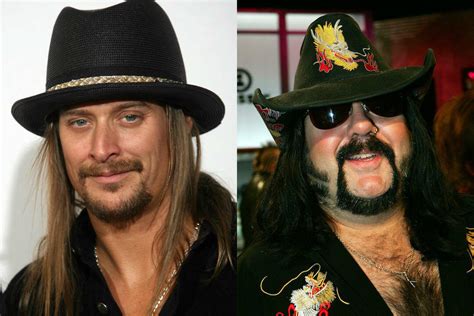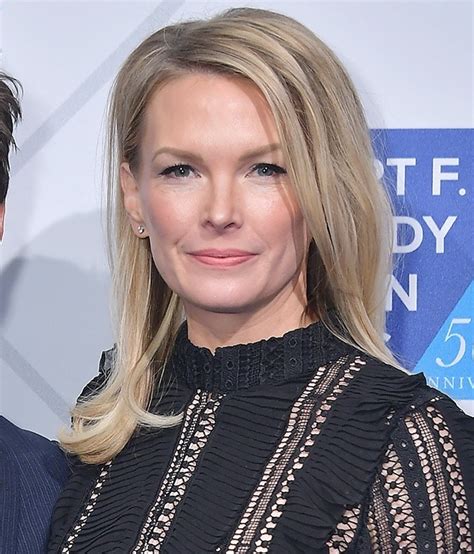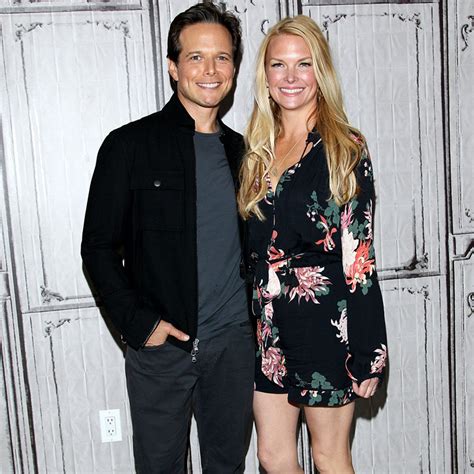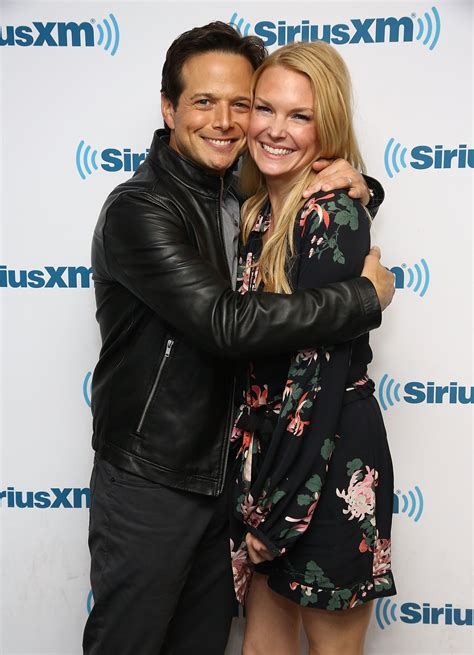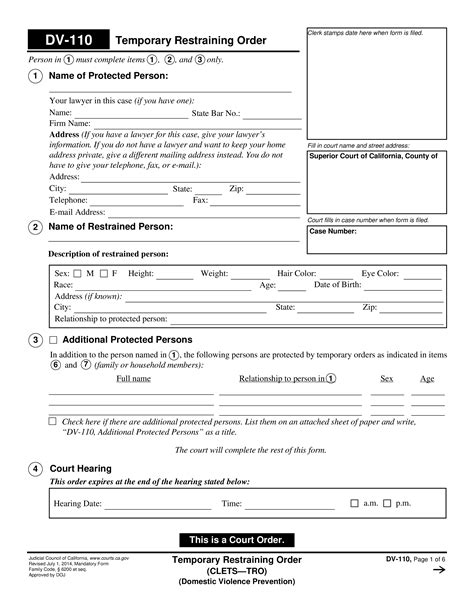
Executive producer of “The View,” Brian Teta, unexpectedly interrupted a live broadcast to address rumors circulating online, stunning viewers and co-hosts alike. Teta refuted claims suggesting a restraining order had been filed against him, calling the allegations “ridiculous” and clarifying the situation arose from a playful on-air interaction misinterpreted by some viewers.
During the broadcast on Wednesday, Teta stepped in after a commercial break to address the swirling speculation, stating, “Okay, so, before we get started, I just want to address something that’s going around online. Apparently, there’s a rumor that there’s a restraining order against me.” He added, “It’s ridiculous. It’s based on a joke we made on the show. I would never do anything to make anyone here uncomfortable, and that’s all I’m going to say about it.” The abrupt intervention and the gravity of the subject matter took the panel by surprise, leading to visible reactions from the hosts, who appeared to support Teta’s denial.
The origin of the rumor appears to stem from a lighthearted exchange during a recent episode of “The View,” involving playful banter amongst the hosts and Teta, who frequently engages with the panel from behind the scenes. The specific joke that ignited the controversy involved a humorous scenario interpreted by some as potentially crossing professional boundaries. While the exact nature of the joke remains unspecified by Teta, its misinterpretation quickly spread across social media platforms, culminating in the unfounded claim of a restraining order. The speed and reach of social media amplified the situation, highlighting the challenges faced by public figures in managing their on-screen personas and their real-life interactions.
Teta’s decision to address the rumor head-on underscores the seriousness with which he views his professional responsibilities and the importance of maintaining a comfortable and respectful work environment. His statement, “I would never do anything to make anyone here uncomfortable,” emphasizes his commitment to fostering a positive atmosphere on the set of “The View.” The on-air clarification also served as a preemptive measure to mitigate any potential damage to his reputation and to quell further speculation that could distract from the show’s content and its presenters.
The hosts of “The View,” known for their candid discussions and diverse perspectives, have yet to publicly comment on the specific details of the situation beyond their initial surprise at Teta’s announcement. However, their non-verbal cues and supportive reactions during Teta’s statement suggest a unified front and a vote of confidence in his leadership. It remains to be seen whether the hosts will address the controversy more explicitly in future episodes, particularly as the story continues to circulate online.
The incident highlights the complexities of navigating humor and interpersonal dynamics in a highly public environment. What might be perceived as harmless banter within a close-knit team can easily be misconstrued by external audiences unfamiliar with the nuances of the relationship. The viral nature of online content further exacerbates the risk of misinterpretation, transforming fleeting moments into full-blown controversies.
This episode serves as a reminder of the scrutiny faced by individuals in the entertainment industry and the need for careful consideration of how their actions and words might be perceived by a wider audience. The incident also underscores the importance of responsible media consumption and the potential consequences of spreading unsubstantiated rumors online. Brian Teta’s prompt and direct response aims to set the record straight and restore focus to the show’s primary objective: delivering engaging and thought-provoking discussions on current events.
The controversy surrounding Brian Teta highlights the increasing challenges of maintaining a professional reputation in the digital age, where social media amplification can quickly escalate misunderstandings into major public relations crises. The incident also raises questions about the role of media outlets and online platforms in verifying information before disseminating it, particularly when dealing with sensitive personal matters.
The producers of “The View” have not released any official statement beyond Teta’s on-air remarks. The show continues to air its regular schedule with the same panel of hosts, and no further disruptions have been reported. The incident, however, is likely to spark further discussions about the boundaries of workplace humor and the impact of social media on professional relationships.
The ripple effects of this incident could extend beyond the immediate context of “The View,” potentially influencing how other television programs and media organizations approach on-air interactions and address online rumors. The case serves as a cautionary tale about the potential for misinterpretation and the importance of proactive communication in managing public perception.
In conclusion, Brian Teta’s on-air denial of the restraining order rumors marks a significant moment in the ongoing saga, underscoring the challenges of navigating the intersection of public life, workplace dynamics, and the pervasive influence of social media. His direct approach aims to quell the controversy and reaffirm his commitment to maintaining a positive and respectful environment on “The View.” The long-term impact of this incident remains to be seen, but it undoubtedly serves as a reminder of the power of perception and the importance of responsible communication in the digital age.
The situation also throws light on the intense scrutiny faced by public figures, where even seemingly innocuous jokes can be blown out of proportion, fueled by social media and online speculation. This incident underlines the necessity for celebrities and media personalities to carefully manage their public image and promptly address any misinformation that may arise. Brian Teta’s proactive approach, by directly confronting the rumors on air, exemplifies a strategy to regain control of the narrative and protect his reputation. His statement was not only directed at the audience but also served as a reassurance to his colleagues at “The View,” emphasizing his commitment to maintaining a respectful and comfortable work environment.
The absence of a formal statement from ABC or the producers of “The View” suggests that they are treating the situation as a personal matter that Teta has addressed adequately. This approach may aim to avoid further sensationalizing the rumors and to allow the show to continue its normal programming without unnecessary distractions. However, the incident highlights the ongoing tension between the need for transparency and the desire to protect the privacy of individuals involved in public controversies.
Furthermore, the controversy underscores the challenge of distinguishing between harmless workplace banter and potentially offensive behavior, particularly in an era of heightened sensitivity to issues of harassment and discrimination. What might be considered acceptable within a specific work environment can be easily misinterpreted by external audiences who are not privy to the nuances of the relationship. This incident serves as a reminder for media organizations to establish clear guidelines for on-air interactions and to provide training for staff on appropriate workplace conduct.
The role of social media in amplifying rumors and misinformation is also a key aspect of this story. The rapid spread of unverified claims about the restraining order demonstrates the potential for online platforms to fuel public outrage and damage reputations. This incident highlights the need for greater media literacy and critical thinking skills among online users, as well as the responsibility of social media companies to combat the spread of false information.
Brian Teta’s on-air address can be seen as a strategic attempt to control the narrative and prevent further damage to his reputation and the show’s image. By directly confronting the rumors, he aimed to dispel any doubts about his character and to reassure his colleagues and viewers of his commitment to maintaining a positive work environment. However, the long-term impact of this incident will depend on how it is perceived by the public and whether it continues to be a subject of online discussion.
In summary, the Brian Teta incident serves as a case study in the challenges of navigating public life, workplace dynamics, and the pervasive influence of social media. His proactive response highlights the importance of addressing rumors and misinformation head-on, while the controversy itself underscores the need for greater media literacy and responsible online behavior. The long-term consequences of this incident remain to be seen, but it undoubtedly serves as a reminder of the power of perception and the importance of proactive communication in the digital age.
The controversy has reignited conversations about the fine line between workplace humor and potentially offensive behavior, especially within the entertainment industry, where personal and professional lives often intersect. The incident has prompted discussions on the responsibility of public figures to be mindful of how their words and actions can be interpreted by a broader audience. It also raises questions about the extent to which online speculation and social media rumors should be addressed by those in the public eye.
The absence of additional statements from the other co-hosts or ABC suggests a coordinated approach to minimize the impact of the controversy. By allowing Teta to address the issue directly, they may be attempting to avoid further sensationalizing the situation and to allow the focus to return to the show’s content. However, the incident highlights the challenges of managing public perception in the age of social media, where even seemingly minor incidents can quickly escalate into major controversies.
The ripple effects of this incident could extend beyond “The View” and potentially influence how other television programs and media organizations approach on-air interactions and address online rumors. It serves as a reminder of the need for clear guidelines and training on appropriate workplace conduct, as well as the importance of responsible media consumption and critical thinking skills among online users.
Brian Teta’s decision to address the rumors directly on air can be seen as a strategic move to regain control of the narrative and prevent further damage to his reputation and the show’s image. By confronting the issue head-on, he aimed to dispel any doubts about his character and to reassure his colleagues and viewers of his commitment to maintaining a positive work environment. However, the long-term impact of this incident will depend on how it is perceived by the public and whether it continues to be a subject of online discussion.
This incident highlights the challenges of navigating the complexities of modern media, where the line between private and public lives is increasingly blurred. It also underscores the need for public figures to be aware of the potential consequences of their words and actions, both on and off the air. Brian Teta’s response to the rumors surrounding him serves as a reminder of the importance of proactive communication and the need to address misinformation promptly in order to protect one’s reputation and maintain the trust of the public. The situation also emphasizes the power of social media in shaping public perception and the responsibility of individuals and organizations to combat the spread of false information.
In addition to the immediate impact on Brian Teta and “The View,” this incident also raises broader questions about the culture of workplace humor and the potential for misunderstandings, particularly in environments where banter and playful interactions are common. It underscores the need for clear communication and a shared understanding of what constitutes appropriate behavior, as well as the importance of being sensitive to the potential for misinterpretation.
The controversy also serves as a reminder of the responsibility of media outlets and online platforms to verify information before disseminating it, particularly when dealing with sensitive personal matters. The rapid spread of unverified claims about the restraining order demonstrates the potential for online platforms to fuel public outrage and damage reputations. This incident highlights the need for greater media literacy and critical thinking skills among online users, as well as the responsibility of social media companies to combat the spread of false information.
Brian Teta’s on-air address can be seen as a strategic attempt to control the narrative and prevent further damage to his reputation and the show’s image. By directly confronting the rumors, he aimed to dispel any doubts about his character and to reassure his colleagues and viewers of his commitment to maintaining a positive work environment. However, the long-term impact of this incident will depend on how it is perceived by the public and whether it continues to be a subject of online discussion.
The situation surrounding Brian Teta also touches upon the power dynamics inherent in workplace relationships, particularly in the entertainment industry, where there is often a clear hierarchy of authority. It underscores the importance of creating a work environment where all employees feel comfortable speaking up about concerns or inappropriate behavior, and where those in positions of power are held accountable for their actions.
In conclusion, the Brian Teta incident is a complex and multifaceted situation that highlights the challenges of navigating public life, workplace dynamics, and the pervasive influence of social media. His proactive response underscores the importance of addressing rumors and misinformation head-on, while the controversy itself serves as a reminder of the need for greater media literacy and responsible online behavior. The long-term consequences of this incident remain to be seen, but it undoubtedly serves as a cautionary tale about the power of perception and the importance of proactive communication in the digital age.
Frequently Asked Questions (FAQ)
1. What exactly happened with Brian Teta from “The View”?
Brian Teta, the executive producer of “The View,” interrupted a live broadcast to address rumors circulating online that a restraining order had been filed against him. He stated that the rumors were “ridiculous” and based on a joke made on the show that was misinterpreted. He emphasized that he would never do anything to make anyone on the show uncomfortable.
2. What caused the rumors about the restraining order against Brian Teta?
The rumors originated from a lighthearted exchange during a recent episode of “The View.” The specific joke that sparked the controversy involved a humorous scenario interpreted by some viewers as potentially crossing professional boundaries. This misinterpretation quickly spread across social media, leading to the unfounded claim of a restraining order.
3. How did the hosts of “The View” react to Brian Teta’s on-air statement?
The hosts of “The View” appeared surprised by Brian Teta’s sudden announcement. Their non-verbal cues and supportive reactions suggested a unified front and a vote of confidence in his leadership. They have not yet publicly commented on the specific details of the situation beyond their initial surprise.
4. What are the potential implications of this incident for Brian Teta and “The View”?
The incident highlights the challenges of navigating humor and interpersonal dynamics in a highly public environment. It could potentially impact Brian Teta’s reputation and the image of “The View.” It also underscores the importance of responsible media consumption and the potential consequences of spreading unsubstantiated rumors online. The incident might influence how other television programs approach on-air interactions.
5. Has ABC or the producers of “The View” released any official statement regarding the situation?
As of the information available, neither ABC nor the producers of “The View” have released any official statement beyond Brian Teta’s on-air remarks. This suggests they may be treating the situation as a personal matter that Teta has addressed adequately.






